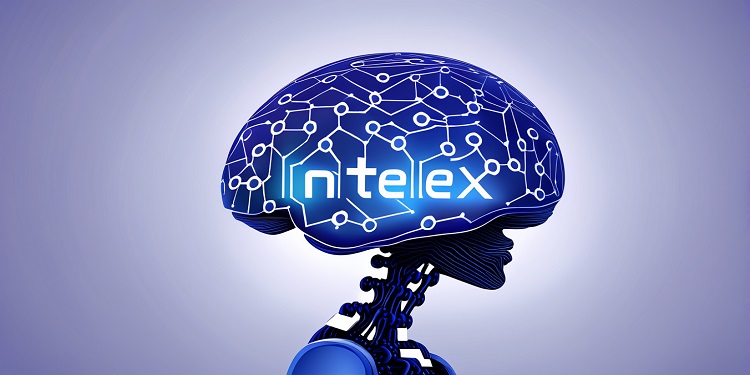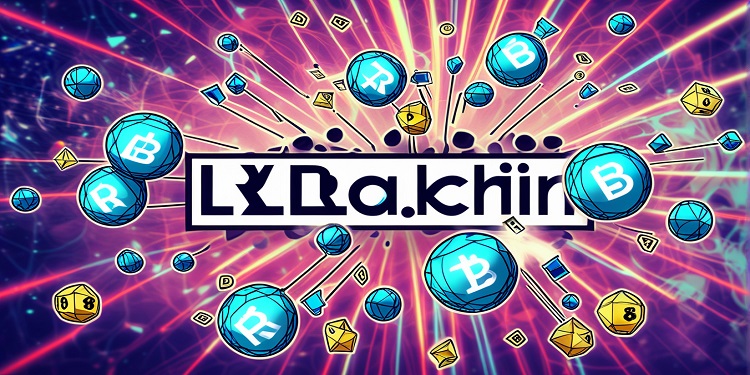 Circle Internet Financial, the issuer of the USDC stablecoin, has introduced an upgrade for its Web3 programmable crypto wallet. This enhancement empowers merchants to assume responsibility for their customers’ transaction fees, easing the financial burden on users during blockchain transactions.
Circle Internet Financial, the issuer of the USDC stablecoin, has introduced an upgrade for its Web3 programmable crypto wallet. This enhancement empowers merchants to assume responsibility for their customers’ transaction fees, easing the financial burden on users during blockchain transactions.
Referred to as “Gas Station,” this new function enables businesses to sponsor users’ gas fees, which represent the costs associated with money transfers on various blockchains. Circle leverages the ERC-4337 paymaster for the implementation of this feature. Initially launched on the Polygon (MATIC) mainnet and testnet, as well as the Ethereum (ETH) testnet, Circle has plans to expand the Gas Station function to include additional blockchains in the future.
Merchants Can Now Cover Transaction Fees, Expanding Accessibility
Notably, the Southeast Asian super-app Grab is already experimenting with the Gas Station function. The primary aim is to provide its Singaporean users with a gas-free experience when they utilize non-fungible token (NFT) vouchers from Grab’s Web3 wallet to earn rewards. This initiative represents a significant step in improving the accessibility and usability of blockchain technology for users.
In addition to the Gas Station function, Circle Internet Financial also introduced its Smart Contract Platform on the same day. This platform is designed to facilitate faster application development by providing a comprehensive solution for importing, exploring, deploying, and managing smart contracts. Currently, the product’s APIs are accessible on Avalanche (AVAX), Ethereum, and Polygon, with the potential for expansion to other blockchains.
Circle Introduces Smart Contract Platform to Facilitate Faster Application Development
Gagan Mac, the Head of Product for Web3 services at Circle, highlighted the company’s commitment to reducing friction and making blockchain transactions more accessible to a broader audience. Mac stated, “With the launch of Gas Station, we are abstracting away blockchain transaction fees for end users, and the Smart Contract Platform makes it easier for businesses to leverage the benefits of blockchain networks.”
The introduction of the Gas Station function is a significant development for the cryptocurrency and blockchain industry. Transaction fees, commonly known as gas fees, have been a persistent concern, particularly for users who engage with blockchain technology. By allowing businesses to cover these fees, Circle Internet Financial is addressing a critical pain point, ultimately making blockchain transactions more user-friendly.
One notable example of the Gas Station’s practical application is the collaboration with Grab, a Southeast Asian super-app. Grab is currently testing this function to enhance the experience of its Singaporean users. Users of Grab’s Web3 wallet can now enjoy a gas-free experience when they use NFT vouchers to earn rewards, a move that showcases the potential for mainstream adoption of blockchain technology.
Furthermore, Circle’s introduction of the Smart Contract Platform represents another significant step in streamlining the development process for blockchain applications. Developers face numerous challenges when creating applications on blockchain networks, and Circle aims to simplify this process. The platform offers a one-stop solution for importing, exploring, deploying, and managing smart contracts, which can significantly expedite the development of blockchain-based applications.
The availability of the platform’s APIs on multiple blockchains, including Avalanche, Ethereum, and Polygon, underscores Circle’s commitment to fostering a broader adoption of blockchain technology. By providing developers with the tools to create applications more efficiently, the company is contributing to the growth and maturation of the blockchain ecosystem.
In conclusion, Circle Internet Financial’s introduction of the Gas Station function and the Smart Contract Platform represents a significant leap forward in the development of user-friendly blockchain technology. By allowing merchants to cover transaction fees, Circle is enhancing the accessibility and appeal of blockchain transactions for users. Additionally, the Smart Contract Platform streamlines application development, providing developers with the tools they need to create innovative solutions more efficiently. These developments underscore the company’s dedication to making blockchain technology more accessible and user-friendly for a broader audience.








